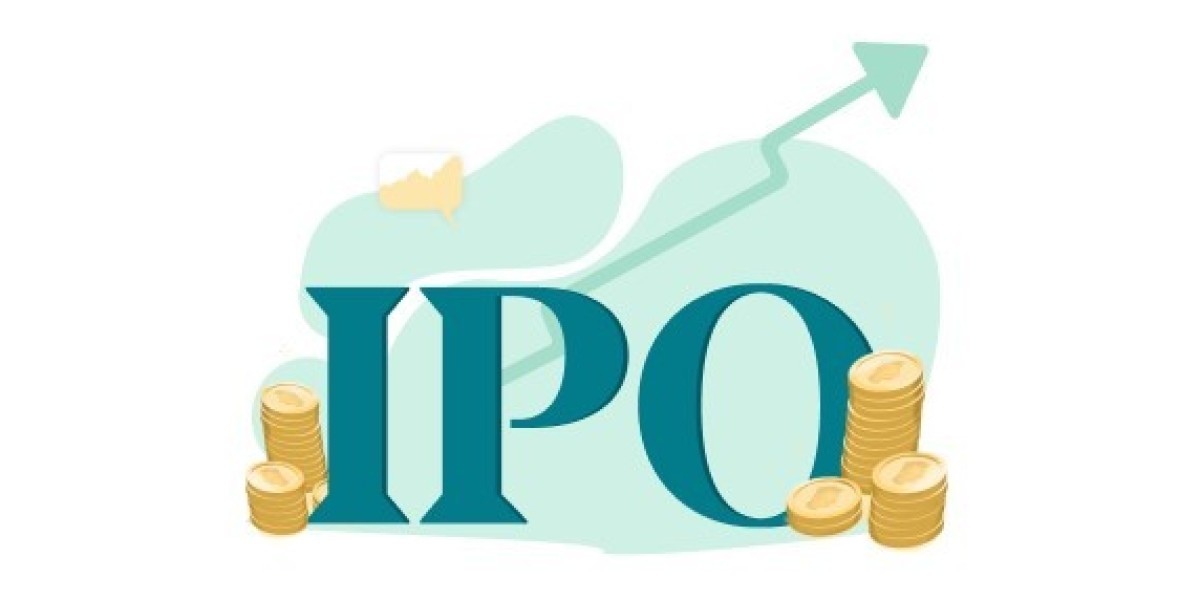Initial Public Offerings (IPOs) are a unique investment opportunity that can offer significant financial rewards if approached with the right strategy. By understanding the IPO process and implementing smart investment tactics, investors can potentially make substantial gains. This article will guide you through the essentials of making money from IPOs and provide insights to help you make informed decisions.
What is an IPO?
An Initial Public Offering (IPO) is the process by which a private company becomes publicly traded on a stock exchange. Companies opt for IPOs to raise capital by selling shares to the public. For investors, IPOs represent a chance to buy shares in a company at its debut price, which can be lucrative if the stock performs well after the public offering.
Why Consider Investing in IPOs?
Early Access to High-Growth Companies: Investing in IPOs allows you to acquire shares in companies with significant growth potential. Early investors can benefit from being part of a company’s expansion phase.
Potential for Rapid Returns: Successful IPOs can offer quick returns if the company’s stock price surges after the public offering. Some IPOs see their prices double or even triple within the first few days of trading.
Diversification: Adding IPO stocks to your investment portfolio can diversify your holdings, which is a key strategy for risk management.
How To Make Money From IPO
Making money from IPOs requires research, timing, and a well-thought-out strategy. Here are some key steps to consider:
Research the Company
Before investing, it's crucial to thoroughly research the company going public. Examine its business model, financial performance, market position, and future growth prospects. Understand the industry landscape and assess whether the company is poised for success. Knowing the company’s competitive edge can help you determine if it’s a worthwhile investment.
Analyze the Prospectus
The company’s prospectus is a vital document that provides detailed information about the IPO. It includes financial statements, risk factors, use of proceeds, and details about the company’s operations. Analyzing this document will give you a clearer picture of the company's health and its IPO pricing strategy.
Evaluate the Pricing
Pricing is a critical aspect of IPO investment. Look at the company’s valuation compared to its peers and assess whether the IPO price offers value. Overpriced IPOs can limit potential returns, while underpriced ones may offer opportunities for profit.
Consider Market Conditions
Market conditions play a significant role in the success of an IPO. Favorable economic environments and positive market sentiment can enhance the chances of an IPO’s success. Conversely, in a bearish market, even strong companies might struggle to achieve desired valuations.
Decide Your Investment Approach
Short-term Gains: Some investors aim to make money from IPO by capitalizing on initial price jumps. This approach involves buying shares at the IPO price and selling them soon after, once the stock appreciates.
Long-term Investment: Others may choose to hold onto their shares, betting on the company’s future growth and stability. This strategy requires confidence in the company’s long-term prospects and resilience to short-term market fluctuations.
Monitor Post-IPO Performance
After acquiring shares, closely monitor the company’s performance and market reactions. Staying informed about any developments related to the company will help you make timely decisions regarding your investment.
Risks and Considerations
While investing in IPOs can be profitable, it’s important to recognize the risks involved. IPOs are inherently volatile, and there’s no guarantee of returns. Market hype can sometimes inflate stock prices, leading to potential losses if the company fails to meet expectations. Furthermore, new investors may not have access to as much information as insiders or institutional investors, making thorough research even more essential.
Conclusion
Investing in IPOs can be a rewarding venture for those who approach it strategically. By understanding how to make money from IPO, researching thoroughly, evaluating the company’s potential, and monitoring market conditions, you can increase your chances of success. Remember that while the opportunity for profit exists, so do the risks. Making informed decisions and having a clear investment plan are key to reaping the benefits of IPO investments.



